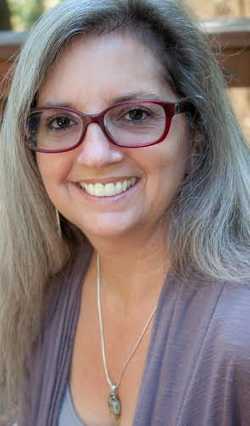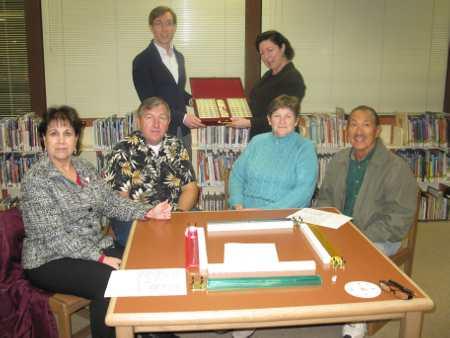- Editor
- Posted On
North Coast launches marine protected area monitoring
NORTH COAST, Calif. – Ten science grants were announced this month to collect ecological and socioeconomic information on nearshore ecosystems inside and outside North Coast marine protected areas (MPAs), as the first step in launching a comprehensive baseline monitoring program for the region.
Scientists, fishermen, tribal governments and citizen groups from 31 organizations will work together to develop a baseline of ocean conditions and human uses.
An additional grant will be announced in early 2014.
Over the course of the next three years, projects will monitor habitats including kelp forests, rocky shores and beaches as well as commercially important fish populations and iconic seabirds.
Projects will also document human uses and the socioeconomic dimensions of MPAs, including changing patterns of fishing and recreational ocean use, and examine patterns of ocean currents across the whole region.
“We are committed to working with the North Coast community to expand our understanding of the region, and establish a baseline for evaluating the performance of the MPA network over time,” said Erin Meyer, an associate scientist from the California Ocean Science Trust, one of the collaborating partners launching this program.
The North Coast is the first MPA baseline program in the state to incorporate traditional ecological knowledge (TEK).
Through a collaboration among Smith River Rancheria, InterTribal Sinkyone Wilderness Council, Trinidad Rancheria, and the Wiyot Tribe, traditional knowledge will be gathered through interviews and archival research, and shared as an integral part of understanding historical and current ocean conditions in the region.
“This project is not only important because tribal perspectives and knowledge will be, perhaps for the first time ever, integrated into the state’s resource management scheme. It is also important because it is completely tribally-driven and relies on an approach that respects the cultural and political sovereignty of each participating Tribe,” said Megan Rocha, project lead on behalf of Smith River Rancheria.
These initial awards are the culmination of 18 months of collaborative planning, informed by extensive input from the North Coast community and tribal governments.
Many local organizations and institutions, tribal governments (eight projects), and commercial and recreational fishermen (five projects) will participate in the program.
“I’ve invested many years of my life supporting community partnership-building during the MPA creation process for the North Coast region. I look forward to volunteering with the collaborative fisheries project to help contribute data that will show the benefits, or not, of the MPAs. The ocean is my church; I want to see that it stays healthy,” said Brandi Easter, member of the North Coast Regional Stakeholder Group and North Coast Community Liaison.
“The importance of long and short-term monitoring is extremely valuable to the overall management of our marine resources. Throughout the entire scoping and RFP process, the focus has been on what's best for our coastal environment. With the research projects now funded we can begin the work necessary to take the pulse of the habitats and species that are invaluable to people and, ultimately, the planet,” said Bill Lemos, member of the North Coast Regional Stakeholder Group and North Coast Community Liaison.
Baseline MPA monitoring provides a benchmark against which future MPA performance can be measured, and a more thorough understanding of the condition of ocean ecosystems and ocean-based human activities.
This information is vital to help inform adaptive management and guide long-term MPA monitoring. It provides a foundation for science-informed decision making on ocean issues including fisheries management and climate adaptation.
The North Coast region encompasses approximately 1,027 square miles of state waters from the California/Oregon border south to Alder Creek near Point Arena (Mendocino County).
A regional network of 20 MPAs and seven Special Closures went into effect on Dec. 19, 2012, completing California’s redesigned statewide network.
The North Coast MPA Baseline Program is overseen by a partnership among the California Ocean Protection Council, California Department of Fish and Wildlife, California Ocean Science Trust and California Sea Grant. The announced projects were solicited through a public call for proposals and selected through a competitive peer-review process.
Visit www.oceanspaces.org to view descriptions of the awarded projects, receive news and updates about the baseline program and learn more about California’s statewide network of MPAs.










